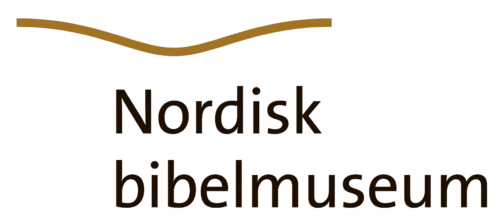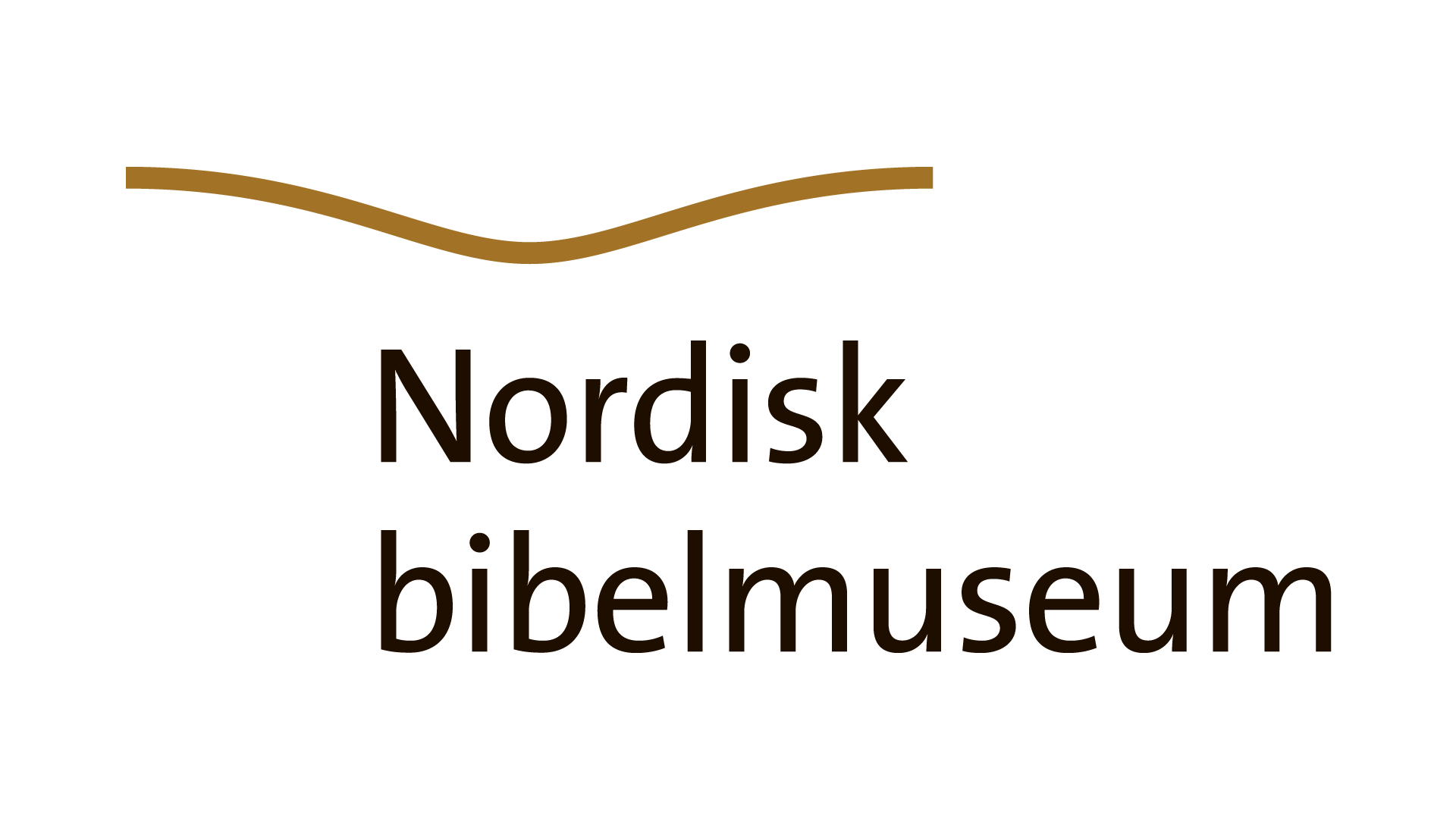In this part of the series, “The Bible’s Influence on Nordic Culture”, we will take a closer look at the Nordic authors’ relation to the Bible. In the Danish magazine Kristeligt Dagblad we could read the following about the Danes, which is also true for all the Nordic countries:
“Two hundred years ago people learned about the Bible at school or in church, and as a result people had a deeper knowledge about the biblical literature. But today many Danes know only the Christmas Story in the Gospel of Luke, and they are therefore not able to hear the echo of the Bible in the literature … Even though the Christian influence is diminished in society today, it is still significantly present, even among the authors who distance themselves from Christianity.”1
We begin with:
Norwegian authors
Henrik Ibsen (1828–1906) Norwegian playwright and author
In Store norske leksikon the following is said about Henrik Ibsen: «He has been the central Norwegian author since [1879], and his name is well known worldwide.”2 It is assumed that Ibsen’s plays are the most frequently played plays in the world after the plays of William Shakespeare.
There is no doubt that he had a relationship with the Bible. In a letter to Bjørnstjerne Bjørnson, Ibsen wrote in 1865: “I work both morning and afternoon, something I previously never could do. Out here it is blissfully peaceful, no acquaintances, I read nothing but the Bible, —it is forceful and strong!”3 Today Ibsen’s bible lies on his desk at the Ibsen Museum.
Bibel.no writes: “We know that Henrik Ibsen used the Bible as a source for his playwriting. Of special importance is the so called Grimstad Bible (Picture‑Bible of the Norwegian People 1840), which Ibsen had borrowed from his employer when he was a pharmacist assistant in Grimstad.”4
Sigrid Undset (1882–1922) Norwegian author
Sigrid Undset is Norway’s best internationally acknowledged author. Her best recognised work is the trilogy about Kristin Lavransdatter (The Wreath, The Mistress of Husaby and The Cross), published 1920–1922. These books led to her receiving the Nobel Prize in Literature in 1928.
Sigrid Undset lived in an era when the Bible still played a major role in society, something that is also evident in her authorship. A reader describes the trilogy Kristin Lavransdatter like this: “A central theme in Undset’s books is the struggle in a human between one’s own will and God’s will. The books have a clear religious framework; the Bible is resonating throughout the work.”
Knut Hamsun (1859–1952) Norwegian author
Knut Hamsun is one of Norway’s most prominent authors. He is viewed by many as the originator of the modern novel. He was awarded the Nobel Prize in Literature in 1920 for the book “Growth of the Soil”.
There is no doubt that Hamsun had a connection to the Bible, which he had read several times. For instance, the title of the book that won him the Nobel Prize, Growth of the Soil, is taken from the Bible. “He made him ride on the heights of the land and fed him with the fruit of the fields.” (Deut 32:13; see also Ezek 36:30 and Joel 1:1) All in all there are many hints to the Bible in Growth of the Soil.
Levi Henriksen (1964–) Norwegian author, musician, and journalist
Levi Henriksen had his debut in 2002 with the short story collection Feber. In 2004 came his first novel, Snow will fall on fallen snow, where the Bible is important to the leading character. He received the Norwegian Bookseller’s Prize for this book the same year.
In an interview with Vårt Land Levi Henriksen talks about his relationship with the Bible and what it means to his authorship: “Very important. Life is an eternal struggle between good and evil. This is what the Bible is about, and this is what my books are about. No matter if one believes or not, the Bible contains many fantastic stories … to me, the Bible is the mother of all stories. Every musician and filmmaker I know looks to the Bible, whether they are a believer or not.”5
Sweden
Selma Lagerlöf (1844–1940) Swedish author and teacher
Selma Lagerlöf is one of Sweden’s most famous authors. She received, as the first Swedish author and the first female, the Nobel Prize in Literature in 1909.
Only ten years old she had already read the Bible from cover to cover. Selma Lagerlöf was clearly inspired by the Bible in her authorship. There are many references to it in her books. For instance, we find biblical themes as guilt, reconciliation and forgiveness in her best-known novel, The Wonderful Adventures of Nils. A book that for many years was used as a geography textbook in the Swedish schools.
Vilhelm Moberg (1898–1973) Swedish author, journalist, and playwright
Vilhelm Moberg is best known for the book series consisting of four novels which describes a group of Swedes emigrating from Småland to Minnesota in the mid-1800s. Even though he considered himself an atheist, he had a close relationship with the Bible. In a folder published by Vilhelm Moberg-Sällskapet we read:
“Moberg’s knowledge of the Bible is well known — he read it from cover to cover at ten years old — we also know that he always had his grandmother’s bible available when he was writing a novel. It is a fact that he is stylistically influenced by the language of the Old Testament. He himself claimed that no one surpassed the author of the Pentateuch.”6
Pär Lagerkvist (1891–1974) Swedish author and playwright
Pär Lagerkvist became a member of The Swedish Academy in 1940 and received the Nobel Prize in Literature in 1951.
Store norske leksikon writes about him: “With his background in the rural environment of Småland with its old religious, pietistical thinking, Lagerkvist has, to a greater extent than any other Swedish poet, expressed the shock of meeting a modern, secularized world.”7 Topics he often discusses is among others the relationship between good and evil, free will and the existence of God.
Åsa Larsson (1966–) Swedish author and lawyer
Åsa Larsson is a crime-writer and was raised in Kiruna in Northern Sweden. She had her debut as a writer in 2003 with the book Solstorm, for which she was awarded the Swedish Crime Writers’ Academy’s prize for best Swedish debut novel. Over the years she has published several books which have won prizes. Her books are sold in over 1.2 million copies only in Sweden, and they are translated into 23 languages.
She is known for opening her crime novels with a biblical quote. In an interview in an article on nrk.no, she talks about her relationship with the Bible:
“I read the Bible every day. I read several chapters … When people reflect on their lives, it is often a biblical quote which enters their mind. We are only humans, and essentially, we have always been fairly similar. It is therefore not strange that the topics from the Bible exist in our popular culture today. It is perhaps easier to see this connection in my books, because I do read the Bible, she says.”8
Denmark
H.C. Andersen (1805–1875) Danish author
H.C. Andersen is known all over the world for his many fairy tales. Some of the best known are The Ugly Duckling, The Princess and the Pea, The Little Mermaid and The Little Match Girl.
About H.C. Andersen’s relationship with The Bible and faith, Professor Johannes Nørregaard Frandsen (quoted in Kristeligt Folkeblad) says: “H.C. Andersen had a simple approach to faith, he believed we should become like children in their approach to faith, and this frames his entire authorship.”9 Frandsen points out that the fairy tale poet knew the Bible very well.
Karen Blixen (1885–1962) Danish author and poet
Karen Blixen is Denmark’s most read and internationally best recognised author from the 20th century. She is known for books like Out of Africa (1937), published under her pen name Isak Dinesen, and Babette’s Feast (1950). Both were filmed and awarded Oscars.
In a thesis about Karen Blixen it is written: “That her stories are bursting with biblical quotes is impossible not to notice, and we can ask ourselves what her stories would be like without the Bible as source.”
Martin A. Hansen (1909–1955) Danish author
Martin Hansen was a teacher by education and published novels, travel stories and essays. Even though he died fairly young (44 years old), he has made quite a name for himself as an author.
One can find both biblical allusions and quotes from the Bible in his books. In a thesis about his perhaps most well-known and analysed novel, The Liar (1950), it is written: “The importance of Christianity is supported by the Christian symbolism and a lot of the biblical allusions in the novel.”
Peter Seeberg (1925–1999) Danish author and museum custodian
Peter Seeberg had his debut as an author in 1956. He wrote a number of novels, short stories, and children’s books, in addition to drama for stage and television.
Peter Seeberg is an example of how the Bible is still used in literary works, even in a secularized society, as is evident in a quote from Kristeligt Dagblad: “An example is Peter Seeberg’s novel Hyrder, which is denoted as one of the 20th century’s main Danish works, and is full of references from both the Old Testament and the New Testament, even though Peter Seeberg is not considered to be a Christian author.”10
Finland
Aleksis Kivi (1834–1872) Finnish author, poet, and playwright
Aleksis Kivi was the first author to write a significant novel in Finnish, Seven Brothers (1870). Some of his poems are among the finest in Finnish poetry. When Kivi began his authorship there was no Finnish literary tradition. Only a few Finnish authors wrote in Finnish. For that reason, he had to develop the Finnish written language, in addition to cope with the prejudice that existed against Finnish as a literary language.
His best-known novel, Seven Brothers, has some references to the Bible, and in the play, Lea (1869), he uses the Bible too. This was the first play that was performed in Finland.
Mika Waltari (1908–1979) Finnish author, poet, and playwright
Mika Waltari is especially known for his historical novels, with The Egyptian (1945) as the best known in Norway. He also wrote poetry, plays, and radio dramas. His literature is translated to over 30 languages.
Mika Waltari makes frequent use of the Bible in several of his books. In the novel The Egyptian there are several allusions to the Bible, and in the books The Secret of the Kingdom (1959) and The Roman (1964) the stories about Jesus and the apostles from NT are reproduced.


